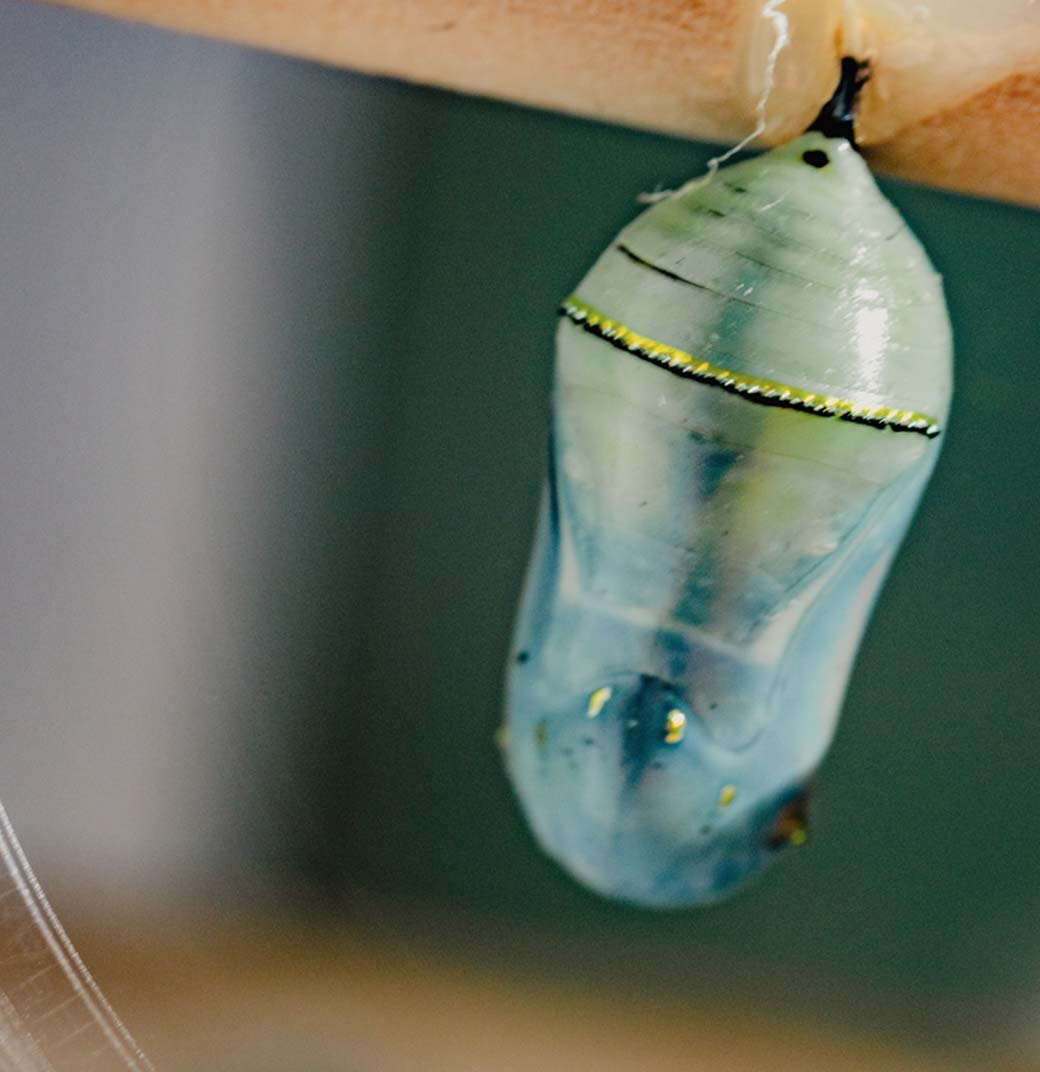Research & Science
The potential of psychedelics
Excitement is growing about the promise of psychedelics in helping to address our mental health crisis, as FDA approval of some psychedelic-assisted therapies seems imminent.
Not only do psychedelics offer potential new treatments to tackle the rising rates of suicide, anxiety, and depression, but psychedelic-assisted therapy may also help to address the epidemic of loneliness that underlies these ills. It may also help to disrupt the generational trauma that perpetuates this cycle.

The background
Although psychedelics have been used for thousands of years for religious and therapeutic purposes around the world, they were only encountered by the west in the 1950s.
Scientific research over the next 2 decades began to uncover their potential to heal the mind. But the government―threatened by the 1960s counterculture movement that challenged the status quo and embraced psychedelics―shut down the research. Psychedelics were classified as Schedule 1 drugs in 1970, and research was halted for the next 3 decades. At the same time, the War on Drugs unfolded, ushering in destructive drug wars, burgeoning organized crime, mass incarceration, and societal trauma.
But over the past 15 years, a seismic shift has been underway: the legalization of cannabis and an end to mass incarceration for cannabis possession has been a key development; another has been the emerging new body of science-based evidence on the potential of psychedelics in treating depression, anxiety, post-traumatic stress disorder (PTSD), addiction, and many other problems.
The discovery that psychedelics can lift us out of our ingrained (and often destructive) thought patterns, and activate new neural circuits in our brain, enabling us to have deeper insights and a sense of greater purpose, offers the potential to revolutionize mental health treatment. This comes at a time when the limitations of current therapies like anti-depressants are ever more apparent.
A soaring mental health crisis
Over the past decade, mood disorders and suicide rates have risen alarmingly. The COVID-19 pandemic may be partly to blame. But a creeping existential loneliness, amplified by our frantically networked online existences and individualistic culture, may also help explain why suicide is now a leading cause of death among young people and depression now a main cause of disability.
At the same time, there have been no groundbreaking psychiatric treatments since the serotonin re-uptake Inhibitors such as Prozac became available in the 1980s. And there is growing disillusionment about the ability of these drugs to bring about fundamental healing.
But with the promise of psychedelic-assisted therapy we are now in a moment of transition and exciting possibility. FDA approval for psilocybin-assisted therapy for depression and MDMA-assisted therapy for PTSD grows more likely every day. Oregon legalized psilocybin for personal use along with trained facilitators in 2020, and Colorado passed the Natural Medicine Health Act in 2022, which legalized therapeutic psilocybin and decriminalized the personal cultivation, use and sharing of psilocybin mushrooms, DMT, ibogaine, and mescaline not derived from peyote.

“Although many of us think of psychedelics as dangerous drugs, it’s time for a rethink. They are non-toxic, non-addictive, have very few side effects, and could potentially offer relief for people suffering from a range of psychological difficulties.”
— Dr. Rosalind Watts, PhD, psychologist








